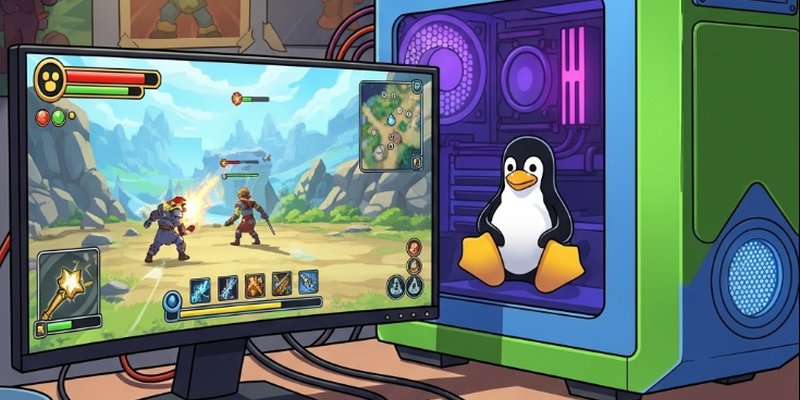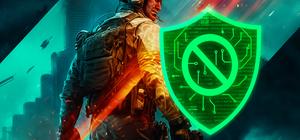We’ve all been there. The pre-order is in, the hype videos are on repeat, and you’re counting the seconds until launch. But sometimes, the game that arrives is a shadow of the one that was promised. As someone who spends his days tinkering with Arch Linux and getting games running on Proton, these botched launches often look a little different from my side of the screen. Sometimes, the open-source community manages to patch a sinking ship before the developers do. Other times, we just get a front-row seat to the dumpster fire. Let’s take a look back at some of gaming’s most infamous derailments.
Cyberpunk 2077 (2020): A Tale of Two Launches
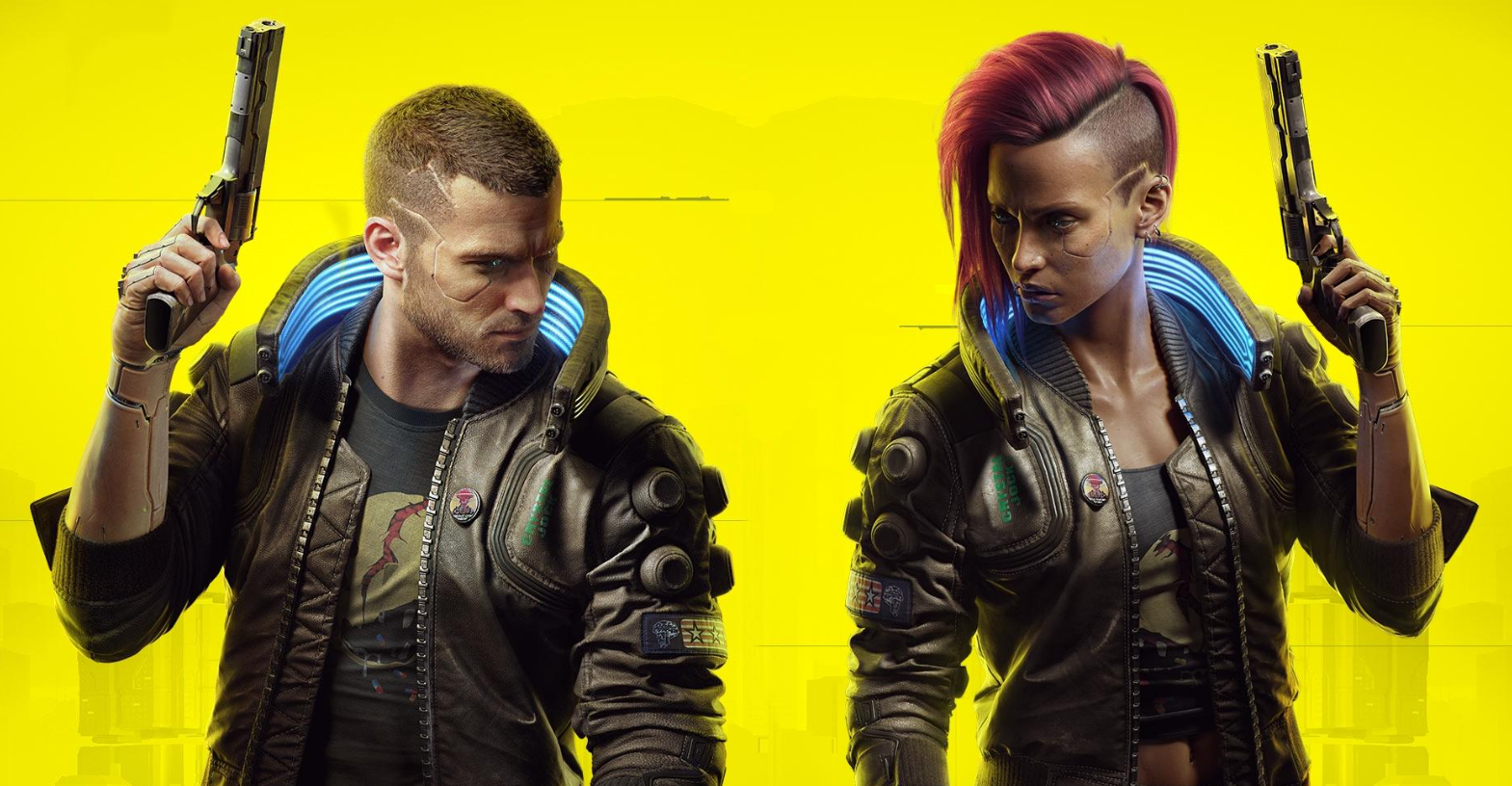
Ah, Cyberpunk 2077. The hype was stratospheric, fueled by the masterminds behind The Witcher 3 and a now-legendary Keanu Reeves cameo. It promised a vibrant, revolutionary RPG. What we got, especially on consoles, was a technical catastrophe so profound that Sony yanked it from their store.
Honestly, we didn’t expect the launch to be quite that messy. But from the Linux desktop, things were... interesting. While the PlayStation 4 and Xbox One versions were borderline unplayable, the PC release was the definitive edition. And thanks to the incredible, community-driven work on Proton, many of us on Linux had it running day one. It wasn’t perfect, but with a few tweaks, we often bypassed some of the Windows-specific crashes. It was a fascinating, if chaotic, example of the community stepping in to stabilize a rocky launch, proving that a truly open platform can be surprisingly resilient.
No Man’s Sky (2016): The Redemption Arc
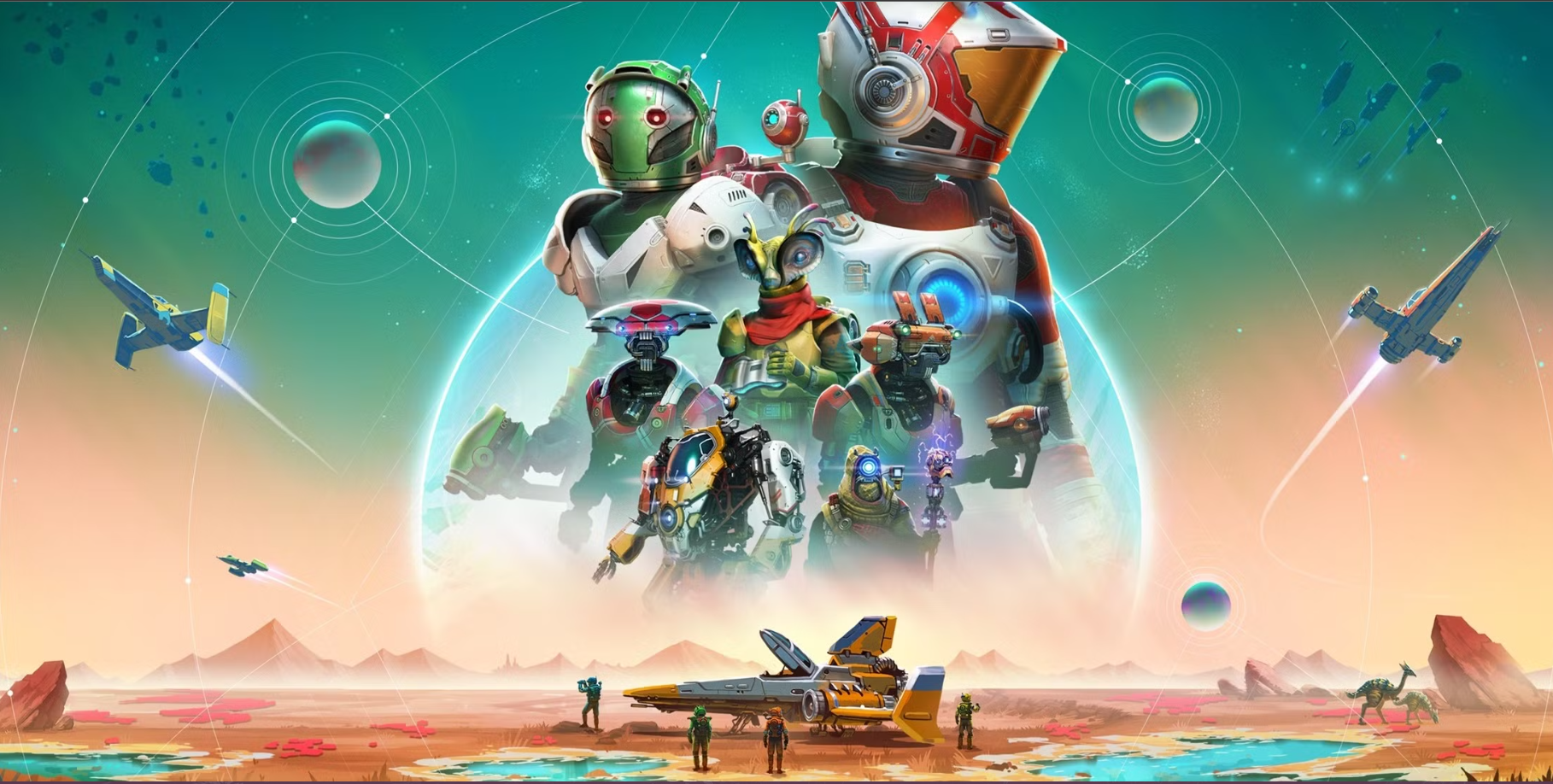
Pitched by a small indie team, No Man's Sky was meant to be a universe in a bottle, with 18 quintillion procedurally generated planets. The promises from creator Sean Murray were bold: multiplayer, epic space battles, complex faction systems. The reality was a beautiful but hollow universe that felt deeply repetitive and lacked almost every key feature discussed.
The backlash was immediate and fierce. Yet, what happened next is something we in the open-source world deeply respect: a long, quiet period of hard work. Hello Games didn't just patch the game; they rebuilt their promise piece by piece, releasing massive, free updates for years. Today, No Man’s Sky is a triumph and a testament to long-term support. It runs flawlessly on Linux via Proton and serves as the ultimate comeback story, showing that earning back player trust is possible if you’re willing to put in the work.
Fallout 76 (2018): A Lonely Wasteland
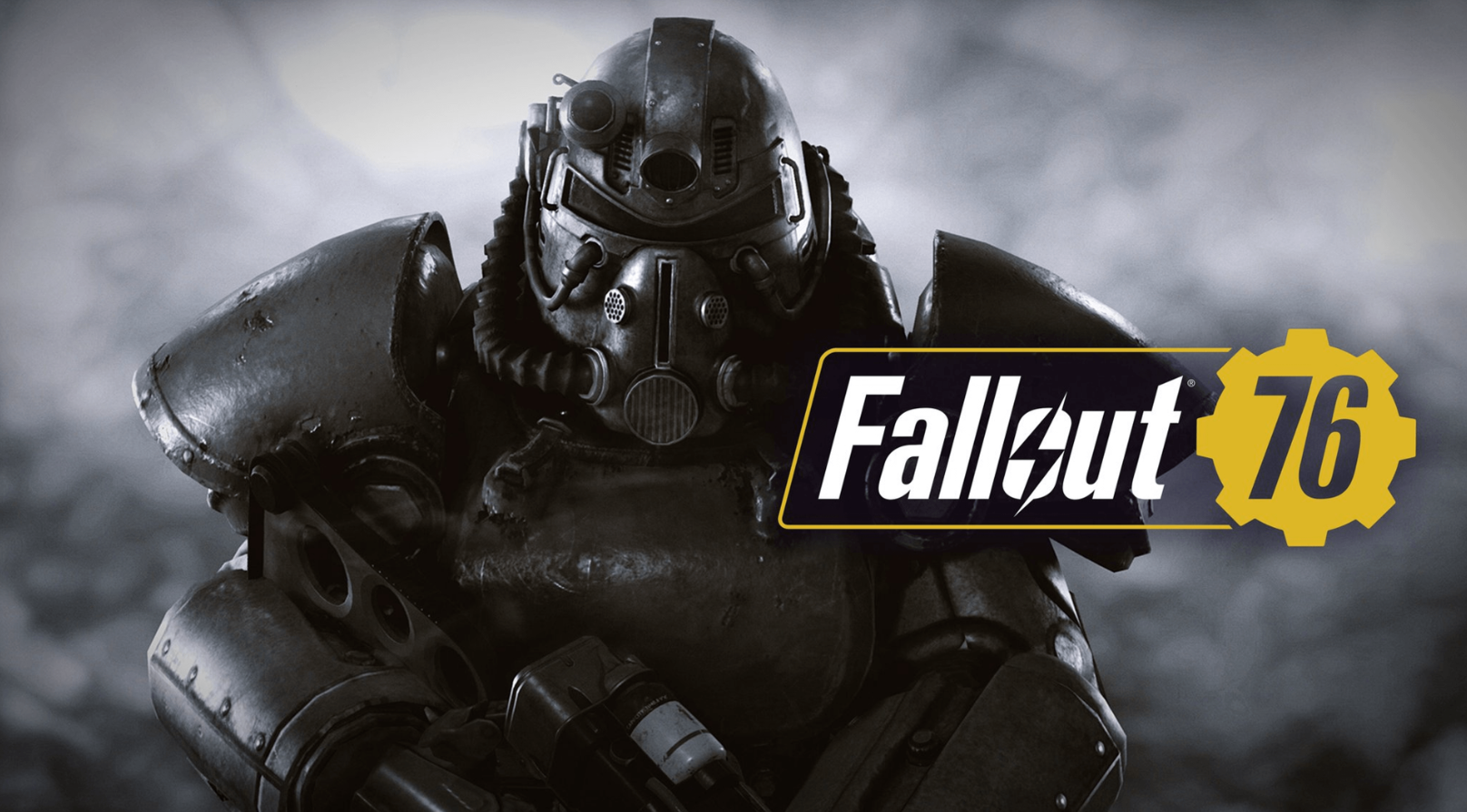
Bethesda’s first foray into a multiplayer Fallout was met with equal parts excitement and skepticism. A shared, persistent wasteland to rebuild with friends? The concept was solid. The execution, however, was a masterclass in what not to do. The game was a buggy mess, the world felt eerily empty without human NPCs, and the story was told through scattered audio logs.
For a series famous for its incredible modding scene-where the community has been fixing bugs and adding content for decades-the launch felt like a missed opportunity. It was a technical wasteland that even the most dedicated Linux user had to wrestle with. While Bethesda has since improved the game immensely with updates like Wastelanders, it’s a classic example of a developer learning lessons that its own community could have taught them years prior.
Anthem (2019): The Ghost in the Machine
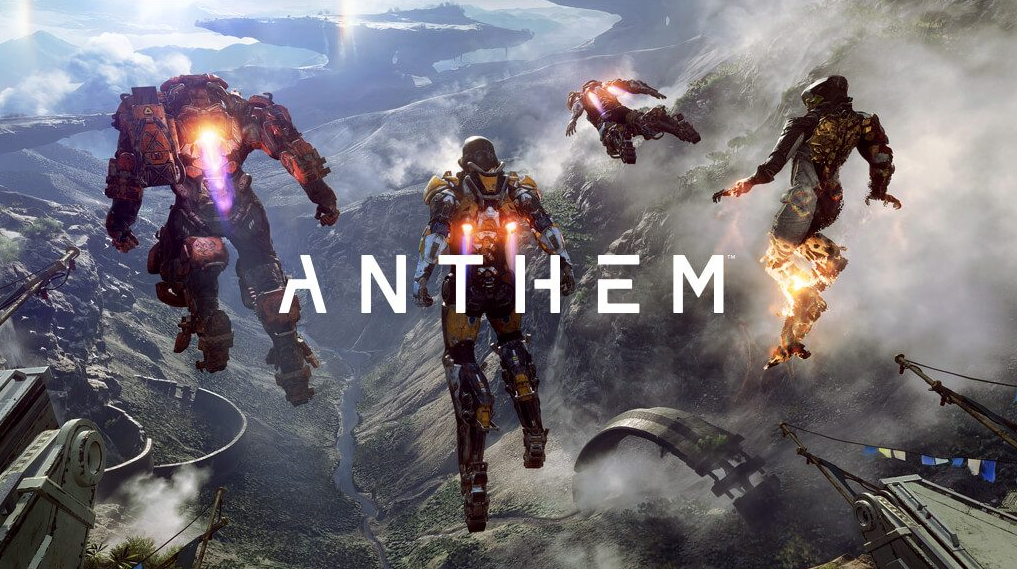
Coming from BioWare, the studio that gave us Mass Effect, Anthem was supposed to be the next big looter-shooter. Flying around in powerful Javelin exosuits looked incredible. But beneath the gorgeous visuals was a painfully shallow and repetitive game, plagued by endless loading screens and a nonexistent endgame.
The planned overhaul, "Anthem NEXT," was eventually canceled, and the game was effectively abandoned. Its failure is a sobering lesson on the dangers of a closed ecosystem. With no new content, no community servers, and no modding support, Anthem is now a digital ghost. It’s a powerful argument for the importance of community ownership and digital preservation. When developers move on, a strong community should have the tools to keep the world alive. With Anthem, the plug was pulled, and the lights went out for good.
Conclusion: The Enduring Power of Community
These stories are more than just tales of corporate fumbles; they are lessons in transparency, humility, and the power of long-term vision. Over-promising and under-delivering is a surefire way to destroy player trust. But as we’ve seen, redemption is possible.
However, the biggest takeaway for me is the resilience of the player community. Whether it’s tweaking Proton configurations for a day-one launch, building mods that enrich a game world for years, or simply keeping a developer’s feet to the fire, it’s the players who define a game’s legacy. In a world of hype and deadlines, that community-driven spirit is what truly keeps gaming’s future open and exciting.
